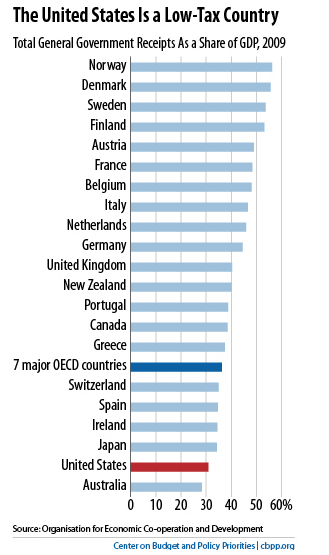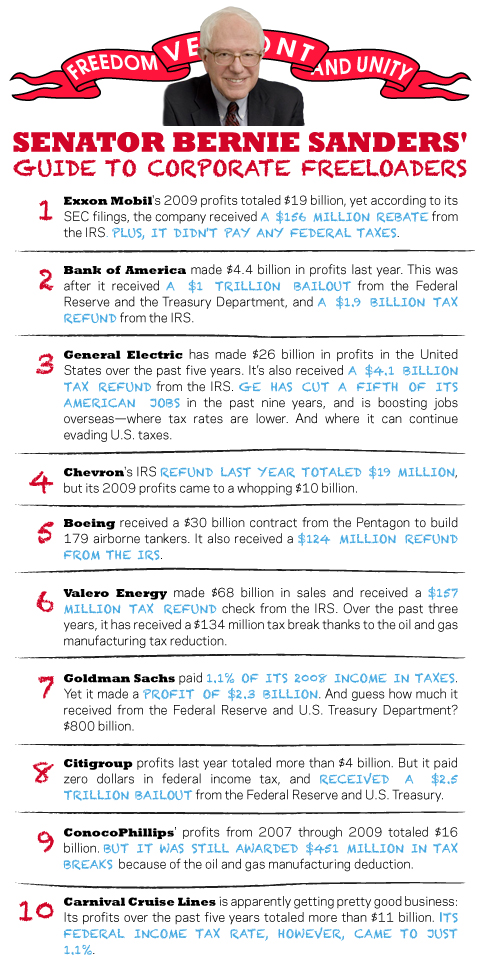The one minute introduction to Synaptor is now available here
My company is a part owner of Synaptor, and we supplied the technical HSE backing to the IP in its products.
If you want to try the App on your iPhone or iPad it is a free download on the iTunes store. Also Android “soon” apparently. I would be appreciative of any feedback you have on the theory or application of the tool, or (as it turns out) your particular use for the tool beyond its original intention. A consultant in QLD is using it to keep a “live” hazard register on multiple sites that change every few months. My office manager keeps our whole hazards and effects register on it. I want to see some environmental ngo use it to make observations to keep tabs on big oil or big banks somewhere in the world.
But what it really does is lead you through an excellent HSE observation, if you need help. But of course a useful observation is really based on the conversation rather than a technical argument. And the truth is, lots of people don’t have a good technique (or recognise one they do have) and need to learn how to identify what works and what doesn’t. We will have a training course streaming through another App that is coming soon that will handle training records and competency matrix related tasks, as well as deliver the training content (if you don’t want to keep any records) for free. We intend to keep building tools to assist with the implementation of ISO compliant HSE Management systems and deliver them for free, or next to nothing, until we take over the world apparently. But I don’t lead that company.
I keep the fires on in the boring old HSE consulting business to make sure we don’t starve before that little startup goes.


